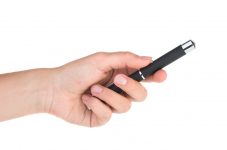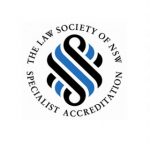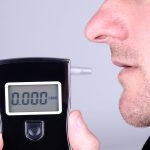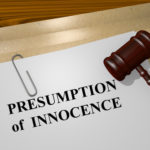Police Get Serious About Enforcing Laser Pointer Laws

While it may sound like fun to play superhero with a pocket laser, as Obi-Wan Kenobi has said, a lightsaber is “the weapon of a Jedi Knight. Not as clumsy or random as a blaster. An elegant weapon for a more civilised age.”
Two Sydney teenagers have learnt that with great power comes great responsibility. Even small, battery-run laser pointers can be dangerous – capable of doing a lot of damage and landing users in serious trouble.
NSW Police have said it is likely charges will be laid after a red laser was pointed at a police patrol helicopter over Cambridge Park on Saturday. The chopper crew was able to trace the light source and two boys, aged 14 and 16 were questioned about the incident.
Although the chopper landed safely and nobody was injured, irresponsibly directing laser beams at motor vehicles and aircraft can temporarily blind drivers and pilots, which can result in tragedy.
Aviation Support Branch Commander, Acting Assistant Commissioner Mark Noakes, pointed out that:
“High powered laser pointers are prohibited weapons and cannot be possessed without a permit. It is highly irresponsible to point these at aircraft and endanger lives.”
The Law in NSW
Any laser pointer can pose a serious risk if used recklessly.
As such, lasers are classified as dangerous implements under the Law Enforcement (Powers and Responsibilities) Act. The Act gives police the power to request that you submit to a frisk search if they reasonably suspect you are carrying a laser pointer in a public place. Police can also confiscate the laser if the person in possession does not have a lawful excuse to be carrying it.
Despite their classification, certain people are allowed to own laser pointing, and some have legitimate uses for them. However, if the beam power exceeds 1milliwatt, the Weapons Prohibition Act 1998 requires a permit unless the person is eligible for an exemption.
If a person is caught using a laser pointer in public without a reasonable excuse, penalties can include up to two years imprisonment.
Reasonable Excuse
A reasonable excuse may include using a laser pointer for the purposes of astronomy, teaching, lecturing or building – provided that it is only used in pursuit of that purpose.
Exemptions
The Commissioner of Police can approve exemptions for those who carry out activities associated with astronomy. People who have been members of an approved astronomical organisation for over 3 months may apply.
Those who hold a licence or permit under the Firearms Act 1996 for use of a laser pointer in connection with a firearm may also be apply for an exemption.
Getting a Permit
An application for a permit can be made by filling out the Application Form and the Genuine Reason Form Laser Pointer available from the NSW Police website. The completed forms are then submitted to NSW Police together with a $127 application fee.
Dangers of Laser Pointers
Lasers are powerful columns of highly concentrated energy, the most powerful of which can even cut through steel.
Aside from very low power lasers, with less than a fraction of a mW of beam power, laser beams can cause instant and even permanent damage to vision.
The Laser Institute of America’s advice is that:
“Accidental exposure to low power lasers (laser pointers, laser levels, laser bar code scanners) may cause a temporary reduction in your vision. An example of this is exposure to a flash from a camera or the bright headlights from an oncoming car. This can affect your performance with critical tasks such as driving a car or operating a forklift. Depending upon the power of the laser, your eyes could be injured even if you are far away from the laser beam source.”
Users of medium to high powered lasers should always wear eye protection. This is not as simple as it sounds, because ordinary sunglasses do not protect against laser light. Each laser requires its own eye protection at the level the laser is operating at, so goggles or glasses should be made to protect the user against the correct wavelength and power level.
With so much at stake, it’s probably best get your Star Wars kicks at the cinema and leave laser pointers to the experts.






